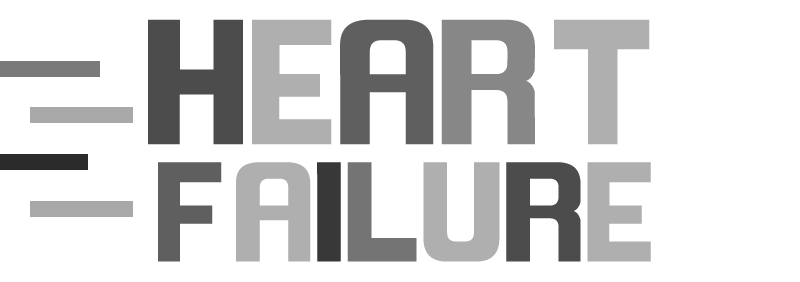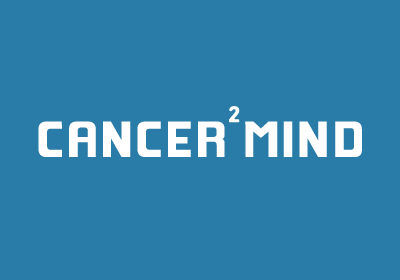Heart failure is a very serious condition where the heart is unable to pump enough blood to meet the bodies demand. While heart failure is the end result, common causes can include high blood pressure, coronary artery disease, atrial fibrillation, infection, and various cancer drugs. Chemo heart failure is a very common side effect most cancer patients will face. Many people think only a certain family of chemotherapy drugs called anthracyclines (Doxorubicin) are associated with cardiovascular effects. But in reality, the list goes far beyond that.
Here are some the cancer drugs that can have cardiovascular side effects:
- Anthracyclines
- Avastin
- Velcade
- Cisplatin
- Gleevec
- Interleukin-2
- Mutamycin
- Herceptin
- Votrient
- Adrucil
- Revlimid
- Novantrone
- Nexavar
- Sutent
- Thalomid
- Trisenox
Chemo Heart Failure Help.
Not much has been shown to protect against heart failure while undergoing cancer treatment. If you are searching for a way to prevent chemo heart failure during treatment or trying to reverse damage after treatment, your choices are extremely limited. But there are two things that can help.
Beta Blockers.
A study in 2013 showed beta blockers lowered risk of chemo heart failure events. Beta blockers were used by breast cancer patients undergoing either trastuzumab (herceptin) or anthracycline therapy and showed a benefit with continuous use.
More data from a randomized, controlled study, in 2013 showed combined treatment of enalapril (ACE Inhibitor) and carvedilol (Beta-Blocker) may prevent left ventricular dysfunction during chemotherapy.
Preliminary results from the MANTICORE study also showed some benefit specifically in the left-ventricular ejection fraction.
Of course the use of beta blockers has only been tested to PREVENT chemo heart failure and not REVERSE it. Another thing to consider is your doctors willingness to try such a treatment. Extremely early & small scale studies are not enough to eliminate all doubts. These studies are not enough to propel beta blockers to become the standard heart failure prevention tool for cancer patients. Some of the positive results are from meta-analysis studies that were performed by using information extracted from already completed studies in the past. Results from these type of studies are not as valuable as more controlled studies. This is something you and your doctor must discuss and see whether he/she would feel comfortable prescribing a beta blocker during treatment.
The good news is beta blockers showed no major side effects and appeared to be safe in all the studies researched. No added risk has been associated with cancer patients using beta blockers to date.
Co-Q10.
Surprisingly a simple over the counter nutrient may not only help prevent but also reverse heart failure. Co-Enzyme Q10 has been tested in numerous heart failure studies throughout the years. It’s been the only nutrient so far that has been able to reverse the effects of heart failure.
A pilot study in 2003 showed Co-Enzyme Q10 improved cardiac function in patients with moderately severe cardio-myopathy. 35 patients were either given 150 mg per day of oral Co-Q10 or placebo.
Again, 23 patients were given 100 mg Co-Q10 in a 2006 study to test its effect on advanced heart failure. Study showed Co-Q10 improved functional capacity, endothelial function, and left ventricular contraction with no side effects. When exercise training was combined with Co-Q1o, positive synergistic effects were noticed.
When Co-Q10 was added to conventional heart disease therapy, patients had less serious complications and hospitalization was significantly reduced as shown in this multi-center randomized study.
An older Japanese study showed cancer patients taking anthracycline and Co-Q10 combined, showed less ECG (EKG) aggravation. Co-Q10 group showed only 64.7 % ECG aggravation while control group showed 91.7%.
While the studies above aren’t perfect, they do consistently show C0-Q10 having positive effects. Whats better, more studies are conveniently listed on the bottom of this page under sources. Unfortunately not many of those studies have tested its effects on cancer patients while in active treatment. Combining Co-Q10 with chemotherapy is a fairly rare thing. Only a few of these type of studies exist, like the one I included in my Niacin article. When Niacin, Co-Enzyme Q10, and Riboflavin were combined with Tamoxifen, pro-angiogenic markers were lower then with Tamoxifen alone. This does hint to the fact that Co-Enzyme Q10 might not interfere with chemotherapy at all and maybe even increase the anticancer effect.
In a cell culture study, Co-Q10 again did not interfere with doxorubicins ability to induce apoptosis in breast cancer cells. This further reinforces the notion of interference not being an issue. However, even with these two studies showing no interference, a conclusive answer is yet to be reached. More research is obviously needed to rule out possible conflict.
Bottom Line.
Whether or not to take Co-Q10 to prevent chemo heart failure while under going treatment is a question only you and your doctor can answer. However, taking Co-Q10 after treatment to help reverse heart damage, has none of the same risks as taking it during treatment. It all depends if you are trying to prevent damage or reverse it. Your unique situation will dictate which path is best to take.
Beta blockers have been tested during active cancer treatment to PREVENT chemo heart failure. Co-Enzyme Q10 has been tested to TREAT/REVERSE heart failure mostly in non cancer patients. Both have their pros and cons. Both have limitations based on data collected from studies or lack there of. A true comparison can’t be made because they have both been studied in essentially different environments. If you are a cancer survivor that has chemo heart failure from past treatments, Co-Enzyme Q10 might be the choice for you. If you are a cancer patient that might not feel comfortable taking an antioxidant during chemotherapy, beta blockers might be all you need. One thing is for sure, choosing neither will continue to leave you susceptible to chemotherapy’s cardiovascular effects.
Source:
- Beta Blockers Breast Cancer Study.
- Enalapril & Carvedilol Study.
- MANTICORE Study.
- Co-Enzyme Q Study 2013.
- Co-Enzyme Q Study 2006.
- Co-Enzyme Q Multi-Center Study.
- Co-Enzyme Q Japanese Study.
- Co-Enzyme Q Cell Culture Study.
- Co-Enzyme Q Effect Incidence Of HF.
- Co-Enzyme Q Meta-Analysis.
- Ubiquinol Absorption & HF
- Co-Enzyme Q Improves Myocardium.
- Co-Enzyme Q Improvement But Not Shown On Echo.
- Co-Enzyme Q Slight Improvement & Quality Of life.
- Co-Enzyme Italian Multi-Center Study.
- Co-Enzyme Q Ejection Fraction Increase.
- Co-Enzyme Q Before Heart Transplant.
- Co-Enzyme Q Intravenous Injection Effect On HF.
- Adriamycin & Co-Enzyme Q.
- Co-Enzyme Q & Low Voltage ECG.
- Adriamycin & Co-Enzyme Q Effect On Anti-tumor Activity.




